← Back to Projects
Law and the Dead
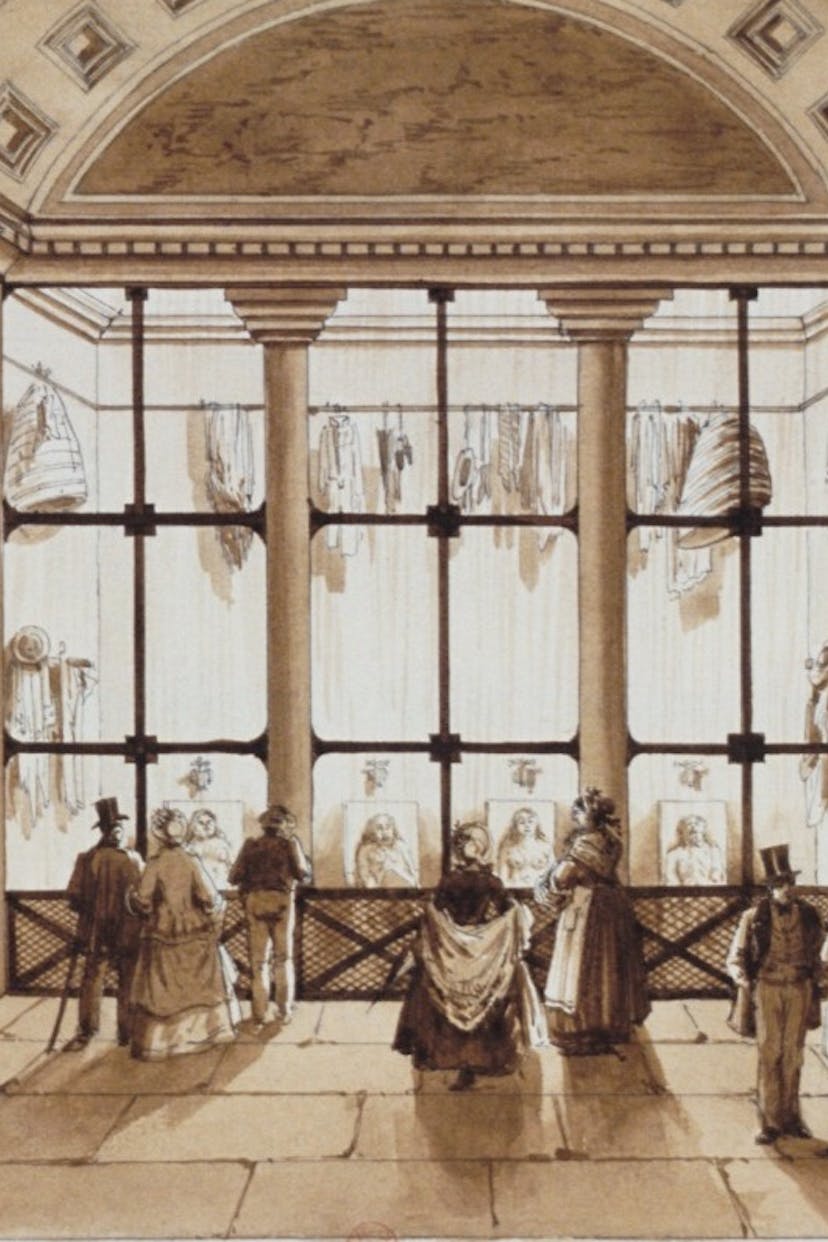

The government of the dead in the eighteenth and nineteenth centuries gave rise to a new arrangement of thanato-politics in the West. Legal, medical and bureaucratic institutions developed innovative technologies for managing the dead, maximising their efficacy and exploiting their vitality. This project explores a history of the institutional life of the dead in the nineteenth and twentieth centuries.
With a particular focus on the technologies of the death investigation process, including place-making, the forensic gaze, bureaucratic manuals, record-keeping and radiography, the project examines how the dead came to be incorporated into legal institutions in the modern era. Drawing on the writings of philosophers, historians and legal theorists, the project offers conceptual tools for thinking through how the dead dwell in law, how their lives persist through the conduct of office, and how coroners assume responsibilities for taking care of the dead.
This project challenges conventional thinking about the sequestration of the dead in the West and asks us to think through and with legal institutions when writing a history of the dead. By conceptualising law as a network of institutions, relations and technologies, it shows how coroners assumed responsibility for taking care of the dead in the nineteenth and twentieth centuries, which is meaningful for tracing how they take care of the dead today.
Outcomes of the project include the publication of Law and the Dead: Technology, Relations and Institutions (Routledge, 2019), which was awarded the Law and Society Association of Australia and New Zealand Book Prize in 2019, and shortlisted for the Australian Legal Research Awards Book Category in 2020.
Publications
Media
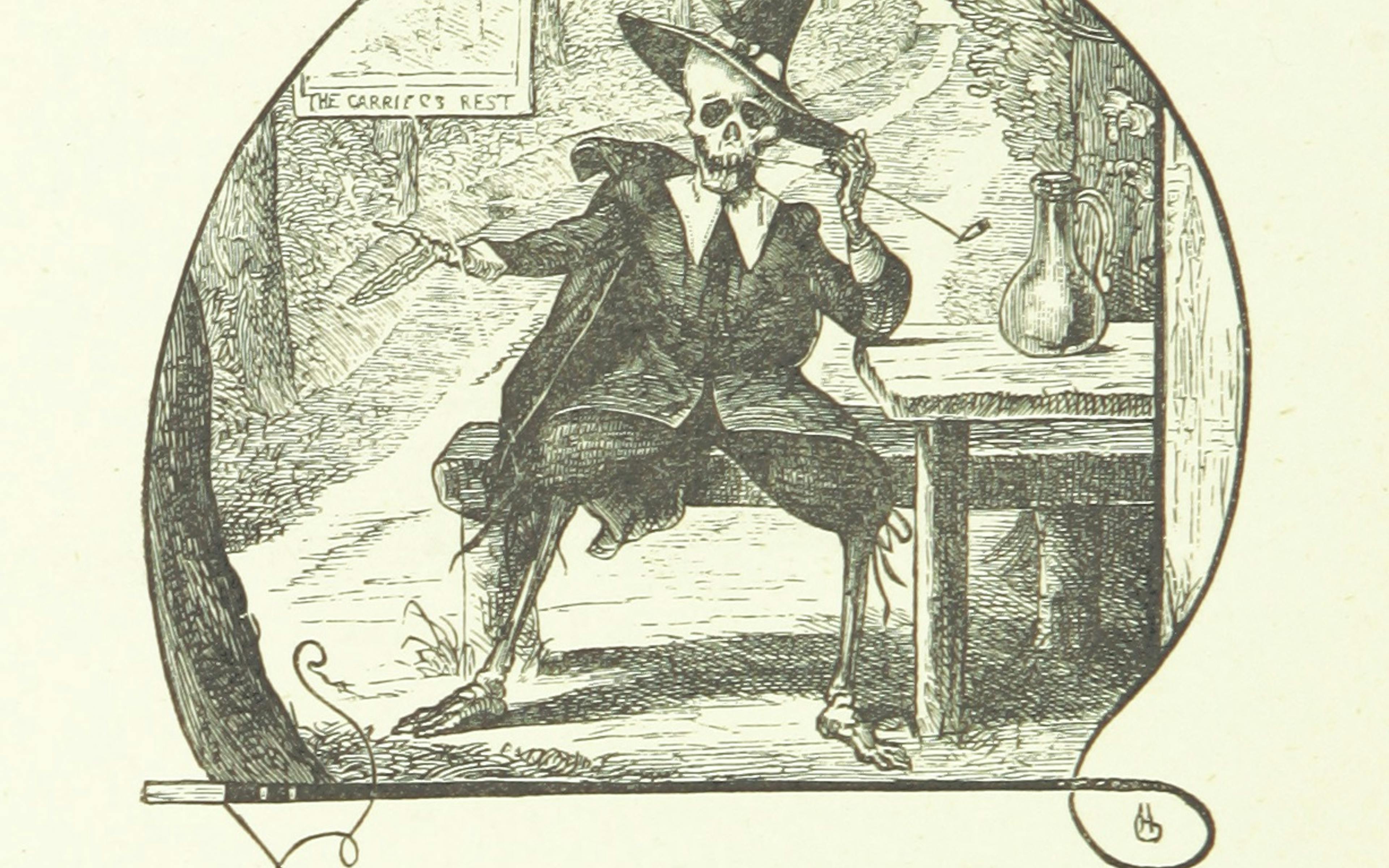
'Undisciplinary' podcast
Marc Trabsky, Courtney Hempton and Chris Mayes
Marc Trabsky discusses his research for 'Undisciplinary' podcast.
Media

'Connected' webinar series
Marc Trabsky
Marc Trabsky discusses his research for La Trobe University's 'Connected' webinar series.
Book
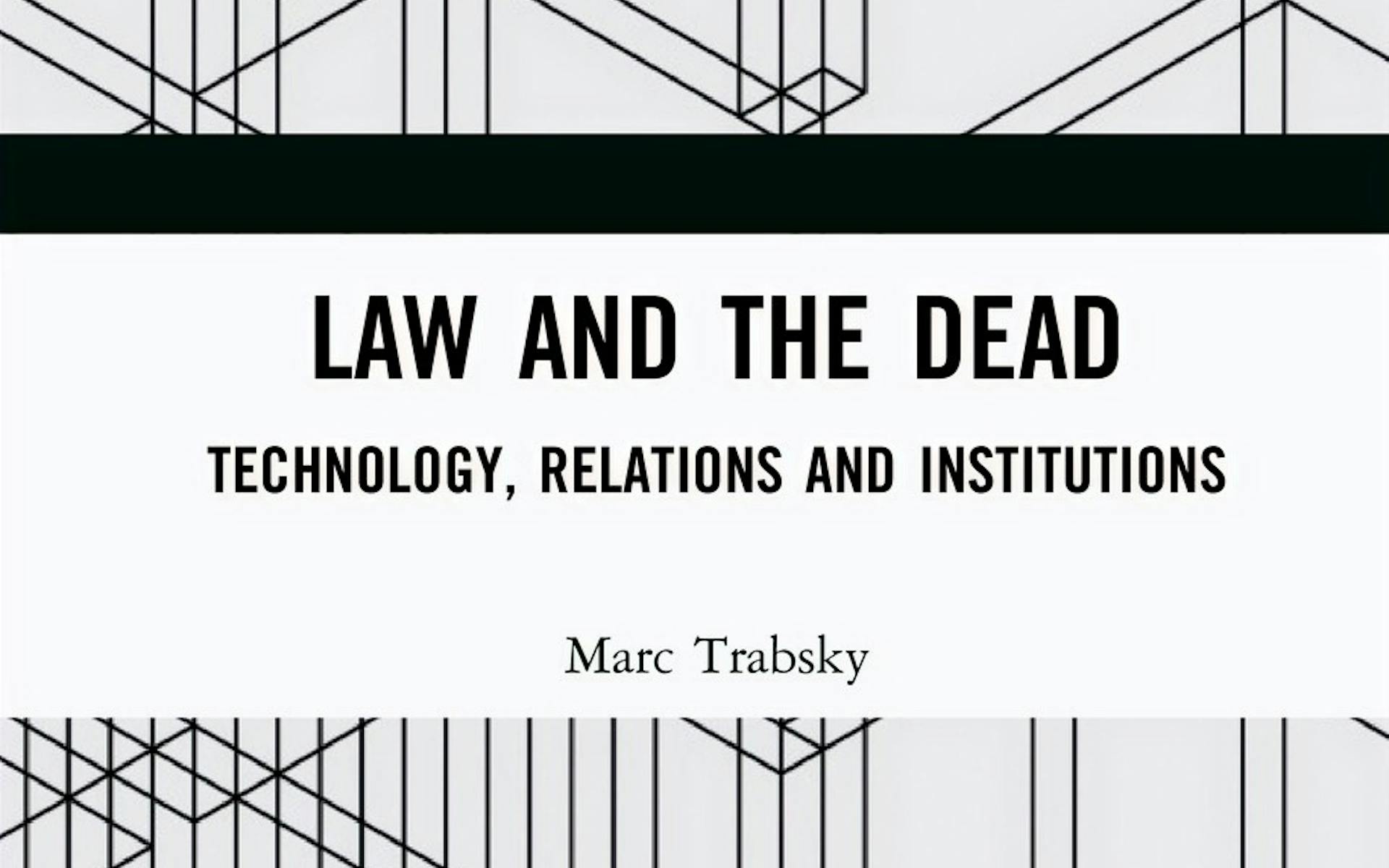
Law and the Dead: Technology, Relations and Institutions
Marc Trabsky
Marc Trabsky, Law and the Dead: Technology, Relations and Institutions (Routledge, 2019).
Chapter

Walking with the Dead: Coronial Law and Spatial Justice in the Necropolis
Marc Trabsky
Marc Trabsky, ‘Walking with the Dead: Coronial Law and Spatial Justice in the Necropolis’ in Chris Butler and Ed Mussawir (eds), Spaces of Justice: Peripheries, Passages, Appropriations (Routledge, 2017) pp 94-109.
Article
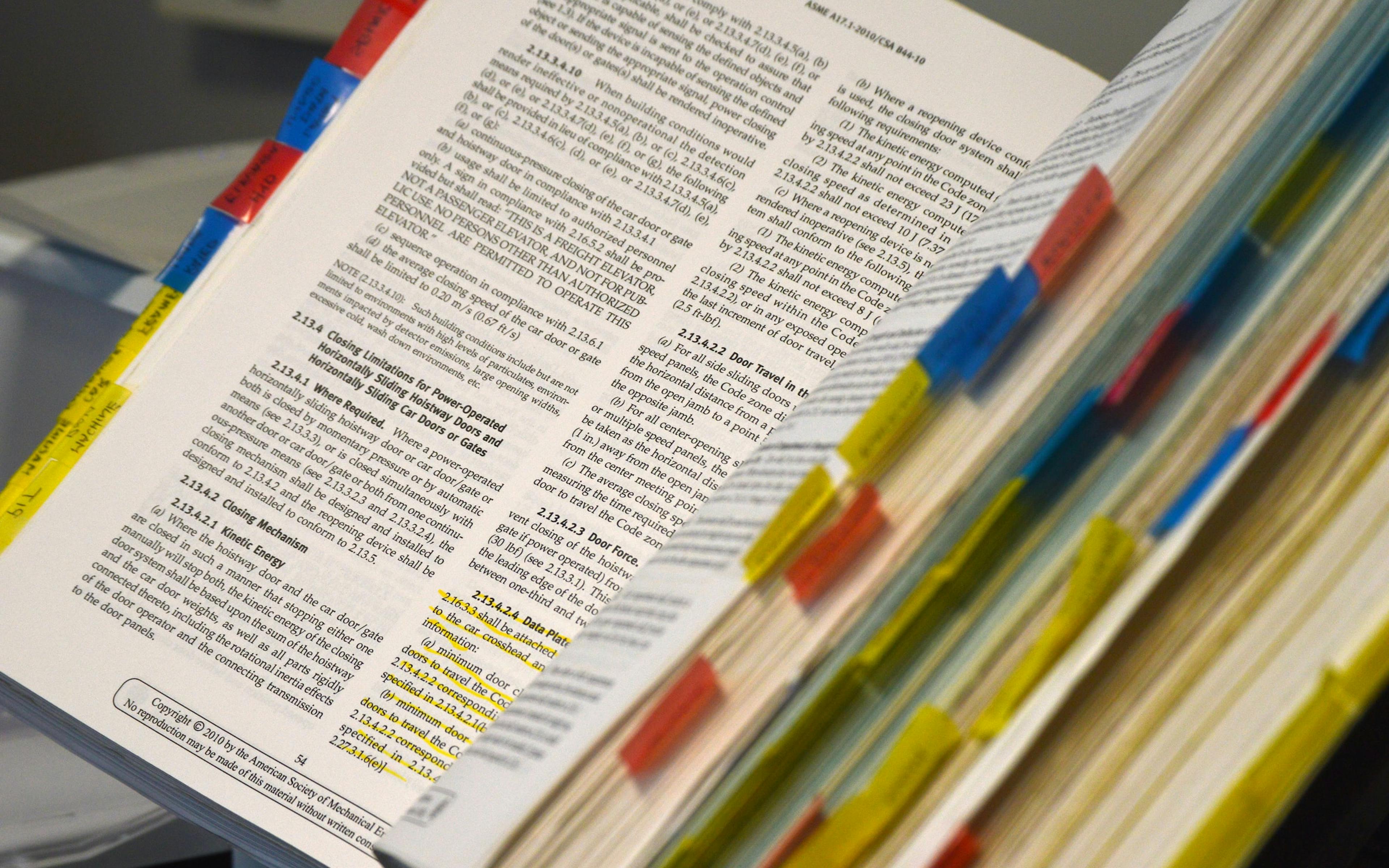
The Coronial Manual and the Bureaucratic Logic of the Coroner’s Office
Marc Trabsky
Marc Trabsky, ‘The Coronial Manual and the Bureaucratic Logic of the Coroner’s Office’ (2016) 12(2) International Journal of Law in Context 195-209.
Article
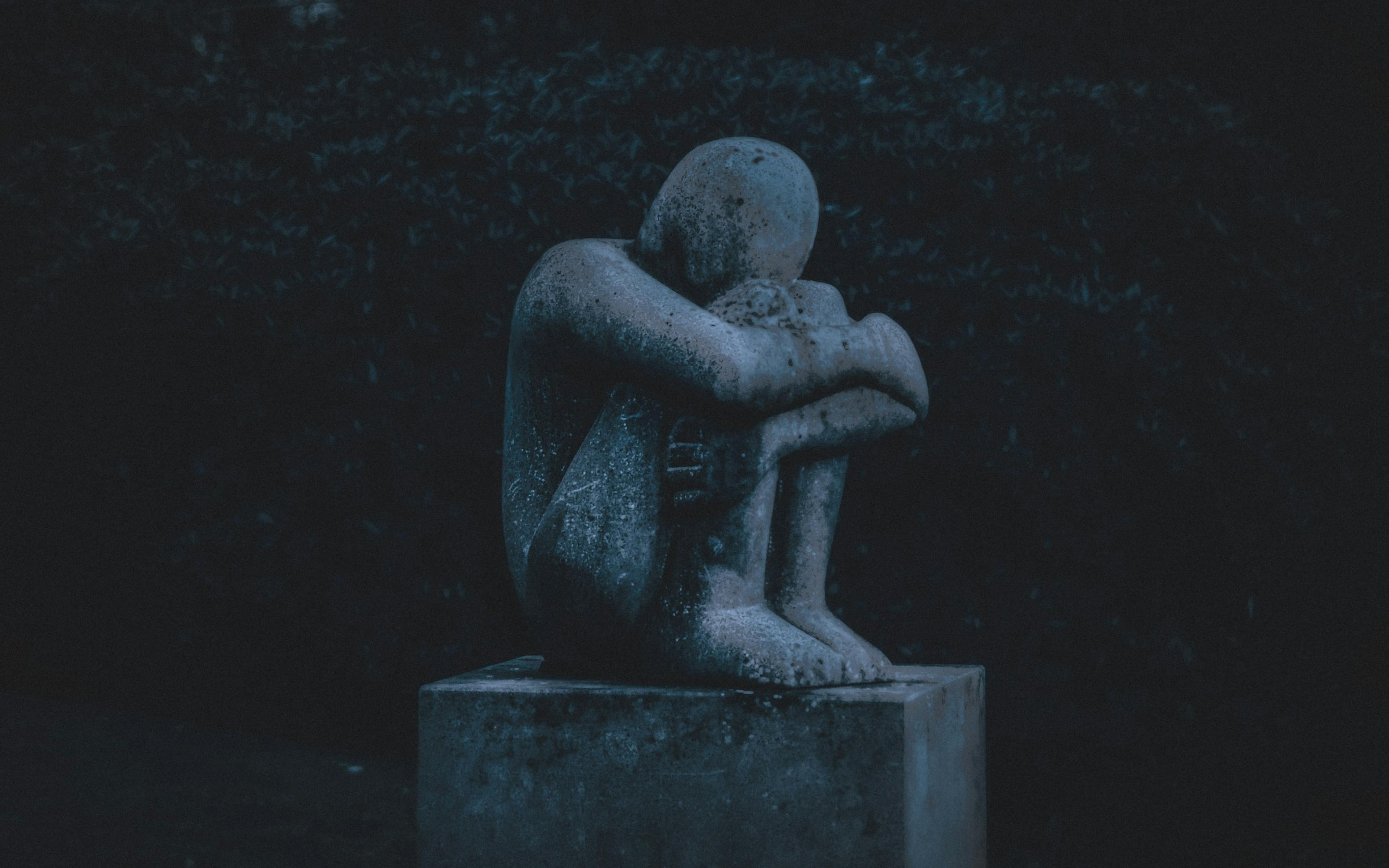
Negotiating Grief and Trauma in the Coronial Jurisdiction
Marc Trabsky and Paula Baron
Marc Trabsky and Paula Baron, ‘Negotiating Grief and Trauma in the Coronial Jurisdiction’ (2016) 23(3) Journal of Law and Medicine 582-594.
Article

The Custodian of Memories
Marc Trabsky
Marc Trabsky, ‘The Custodian of Memories: Coronial Architecture in Nineteenth-Century Melbourne’ (2015) 24(2) Griffith Law Review 199-220.
Article

Institutionalising the Public Abattoir
Marc Trabsky
Marc Trabsky, ‘Institutionalising the Public Abattoir in Nineteenth Century Colonial Melbourne’ (2014) 40(2) Australian Feminist Law Journal 169-184.
Chapter

Law in the Marketplace
Marc Trabsky
Marc Trabsky, ‘Law in the Marketplace’ in Yoriko Otomo and Edward Mussawir (ed), Law and the Question of the Animal: A Critical Jurisprudence (Routledge, 2013) pp 133-148.